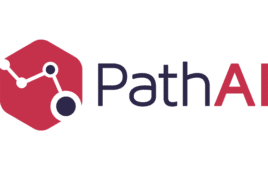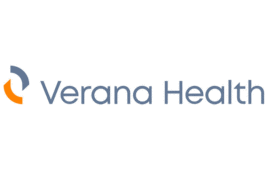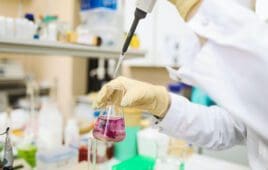Over the past decade, the use of deeper sources of real-world data across all stages of the drug development life cycle has become increasingly important to guide disease understanding, trial designs, clinical guidelines, regulatory submissions and post-market studies. The advent of these deeper sources was prompted by the HITECH Act, which had the effect of…
How synthetic data accelerates oncology research and drug development
Synthetic data in oncology is transforming how researchers and developers approach real-world evidence. They often need this evidence to test hypotheses, predict outcomes and develop algorithms. But privacy constraints and access related to patient data can create delays and lengthen project timelines. Oncology drug researchers and developers have recently begun using synthetic data in oncology…
Incorporating real-world evidence into the life cycle of drug development
Utilizing real-world data (RWD) to generate real-world evidence (RWE) is not new and pharmacoepidemiologists have long-standing experience designing and implementing studies utilizing RWE to satisfy regulatory post-marketing safety commitments and to evaluate the effectiveness of drugs. However, RWD and RWE can be used more largely to support the full life cycle of drug development, during…
PathAI launches AISight digital pathology platform and NSCLC algorithm
PathAI has launched a new digital pathology platform, AISight. Supporting AI-driven research, the digital pathology platform was trained on a real-world dataset of over 5,000 samples with inputs from more than 350,000 cell and tissue-level annotations from more than 50 pathologists. The company has also released its AIM-PD-L1 NSCLC RUO algorithm, which calculates the percentage…
How real-world evidence can augment clinical trial data
The healthcare industry traditionally has used site-based clinical trials to assess the efficacy and safety of drugs and medical devices. Data collected from patients participating in these site-based studies would be analyzed to evaluate the suitability of a medical product for commercial release. However, the exponential increase in patient data recorded by digital devices in…
Verana Health aims to go deep with its real-world data network
The task of extracting health insights from electronic health records (EHRs) has taken longer to materialize than some pundits projected a decade or so ago. But the situation is quickly changing with continued advances in data science, said Sujay Jadhav, CEO of Verana Health (San Francisco), which has created a real-world data network in partnership…
Pharma R&D ROI hits highest level since 2014
The pharmaceutical industry appears to have addressed a decade-long decline in R&D productivity, according to a recent analysis from Deloitte. In 2021, the projected R&D return on investment (ROI) rose 7%. For comparison, the ROI level in 2010 was 2.7%. Forecast peak sales per asset hit $521 million, up more than 23% over the $422 million…
Building a new foundation for oncology clinical trials
COVID-19 disrupted oncology clinical trials. More than a year into the pandemic, drug developers and regulators, including FDA, are also looking for ways to catalyze clinical trial innovation with AI and other tech. The FDA has been “vigilant as they always are to make sure that there is strong science, but they are much more…
How the clinical trial industry is making the most of COVID-19 disruption
Like most things in healthcare, clinical trials have been slow to evolve in recent decades. But the COVID-19 pandemic has forced clinical trial research teams to become more efficient, patient-centered and inclusive. Much is at stake as the pandemic has already caused significant clinical trial disruption. EY estimates that the COVID-19 impact on Phase 3…







